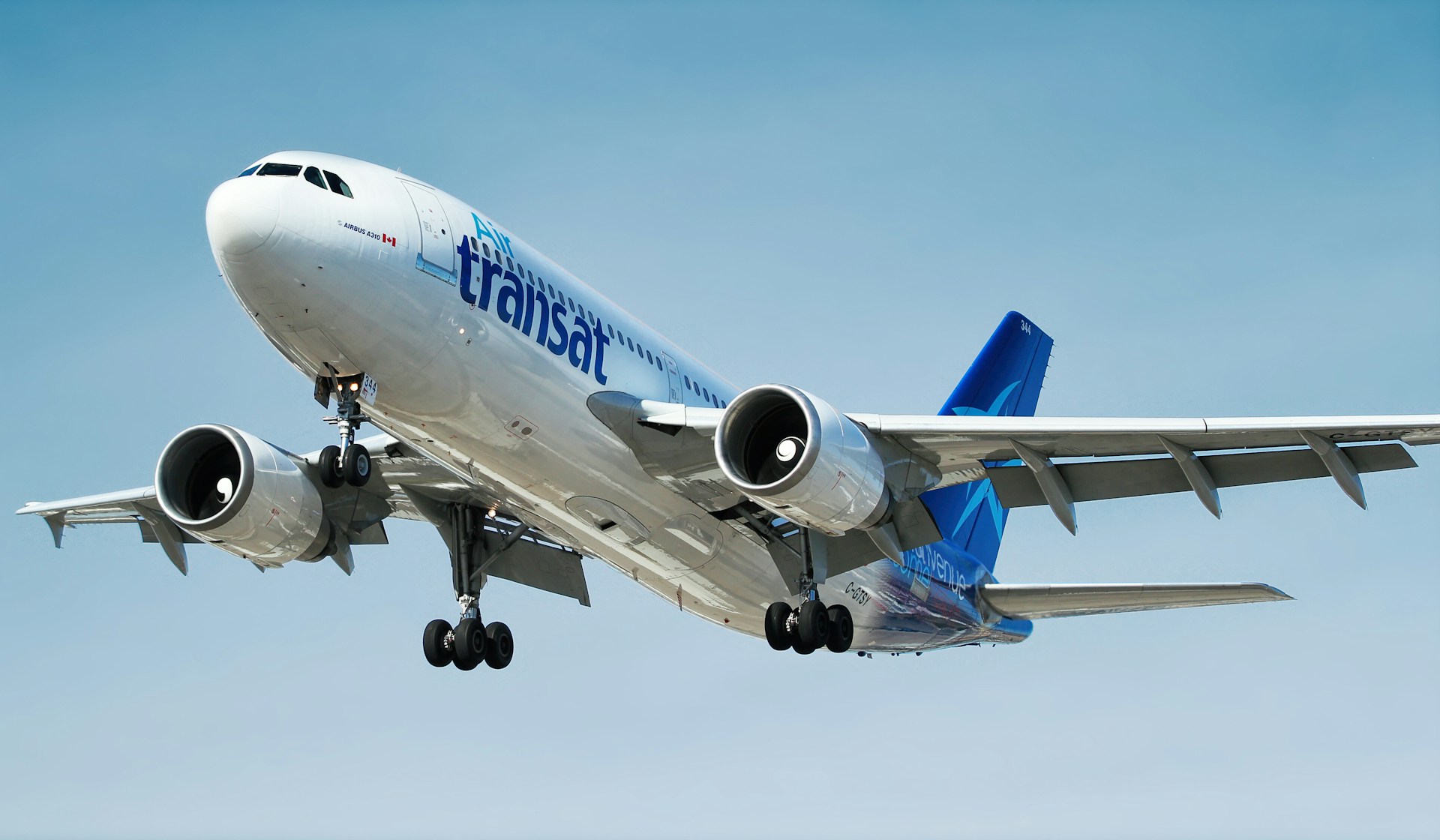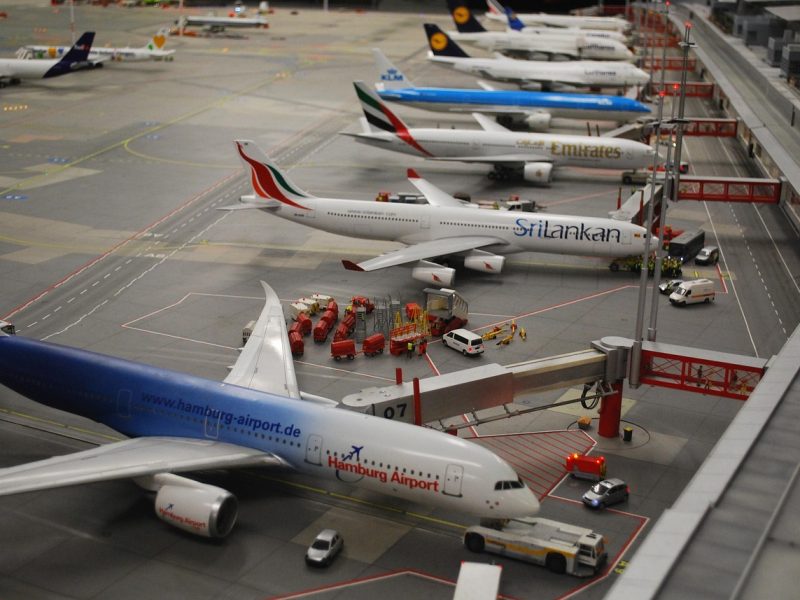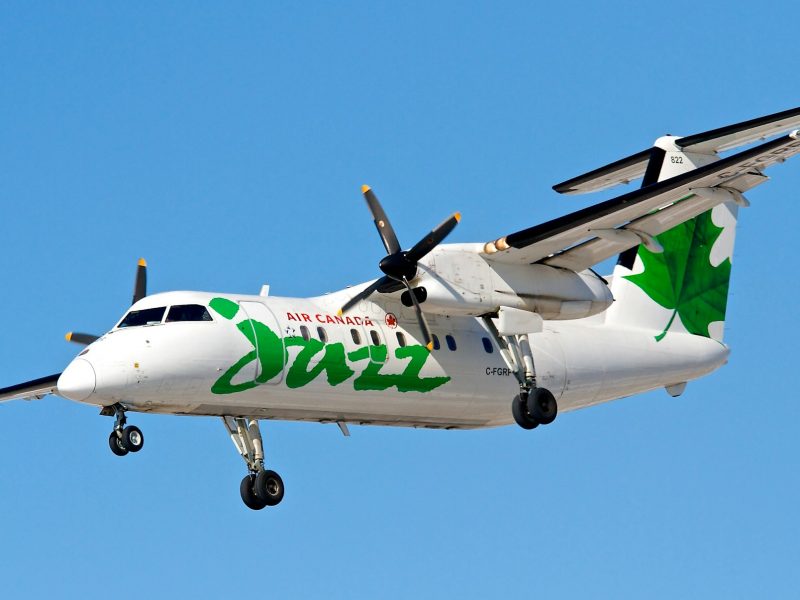Wizz Air, in close collaboration with Saga, the management company for Abruzzo Airport, has officially inaugurated a significant new connection for central Italy. The airline has launched a route between Pescara and Bucharest Otopeni, Romania’s capital and primary economic center. This strategic launch solidifies Wizz Air’s position as the second-largest carrier operating at the Italian airport.
Route Details and Regional Strategy
The new service to Bucharest will operate three times a week, with flights scheduled for Tuesdays, Thursdays, and Saturdays. Tickets are now on sale, with fares starting as low as €19.99. The route will be serviced by the airline’s modern Airbus A321neo aircraft, noted for its enhanced fuel efficiency and passenger comfort. This launch, combined with an upcoming route to Iași set to begin in December, effectively doubles Wizz Air’s service offerings to Romania from Pescara, reinforcing Abruzzo Airport’s role as a crucial gateway to Eastern Europe.
Strong Growth and Operational Reliability
Wizz Air’s strategy of investing in the Abruzzo region is yielding significant results. Operational data covering January through October 2025 shows substantial growth, with the airline operating over 500 flights—a 77.2% increase compared to the previous year—and managing nearly 100,000 passenger bookings. The carrier has also maintained exceptional reliability, achieving a 99.4% flight completion rate and a load factor approaching 90%. In total, Wizz Air is offering nearly 150,000 seats in Abruzzo this year. The new Bucharest flight joins the airline’s existing popular route from Pescara to Tirana, the capital of Albania.
Executive Commentary on Strategic Importance
Salvatore Gabriele Imperiale, Corporate Communications Manager for Wizz Air, highlighted the route’s importance. “The launch of the Pescara–Bucharest Otopeni route is a strategic event reaffirming our commitment to connectivity in central Italy,” Imperiale stated. “Bucharest is not just a destination but an economic engine; reactivating this link is fundamental for professionals, students, and communities.” He added that the success in Pescara, “visible in the strong increase in flights and high operational reliability,” encourages the airline to continue investing in the Abruzzo region.
Luca Bruni, Director General of Saga, shared this positive outlook. “The development of Abruzzo Airport is increasingly important, as confirmed by our passenger data, which has already surpassed previous records, and by the growing investments from carriers,” Bruni said. “With the winter 2025-2026 season, Wizz Air has chosen to triple its operational strength at Abruzzo Airport.” Bruni expressed confidence that the new destinations will achieve a healthy balance of both incoming and outgoing passenger traffic.
Industry Snapshot: Icelandair Group
Shifting focus to Northern Europe’s aviation sector, Icelandair Group hf. (kr 0.82) remains a key player in both airline and tourism services. Headquartered in Reykjavík, Iceland, the company, which was founded in 1937, continues to operate a diversified business. As of recent data, the group holds a market capitalization of kr 33.88 billion with 41.12 billion shares outstanding.
Diversified Operations
Icelandair Group’s operations are divided into three primary segments. The ‘Route Network’ segment is its core business, providing passenger air travel to, from, and via its hub in Iceland. This is complemented by a ‘Cargo Operation’ segment, which offers air-freight services by utilizing capacity on its passenger network as well as dedicated freighter aircraft. Finally, the ‘Leasing Operation’ segment provides aircraft leasing and consulting services to other international passenger airlines and tour operators.


